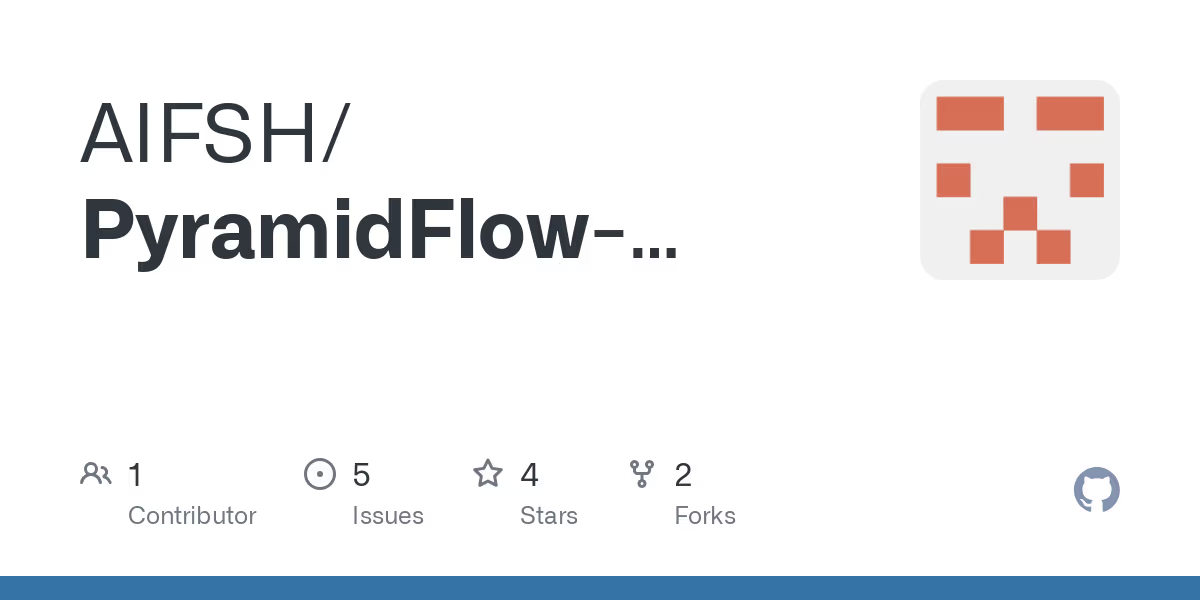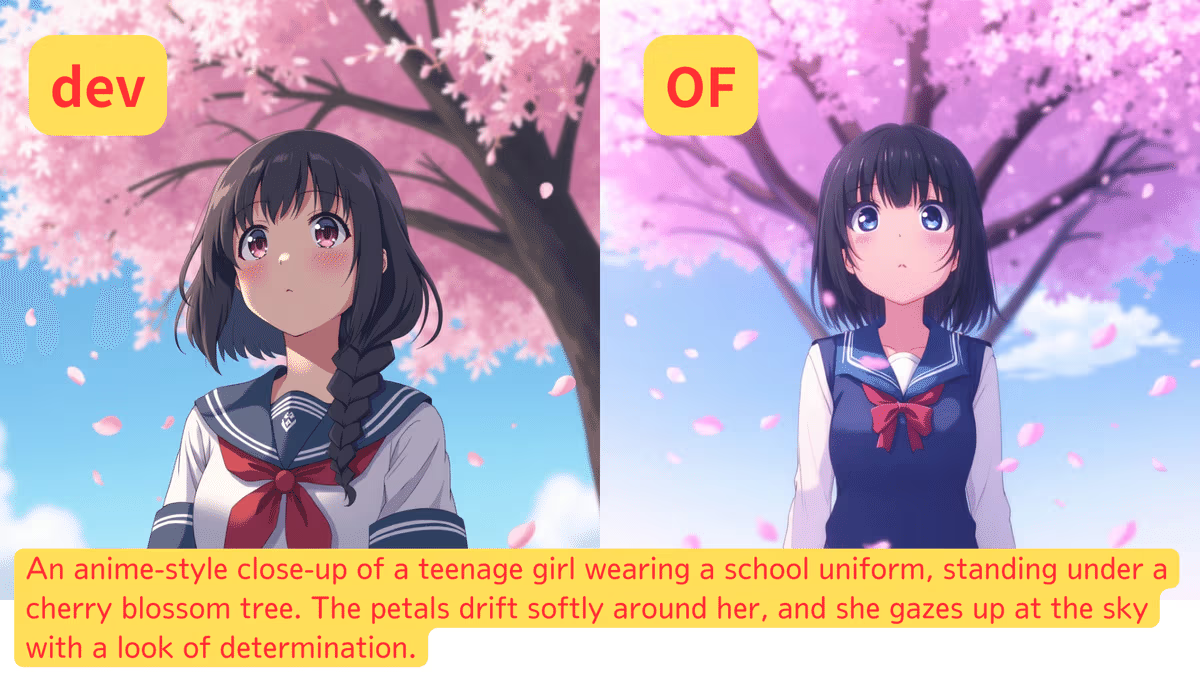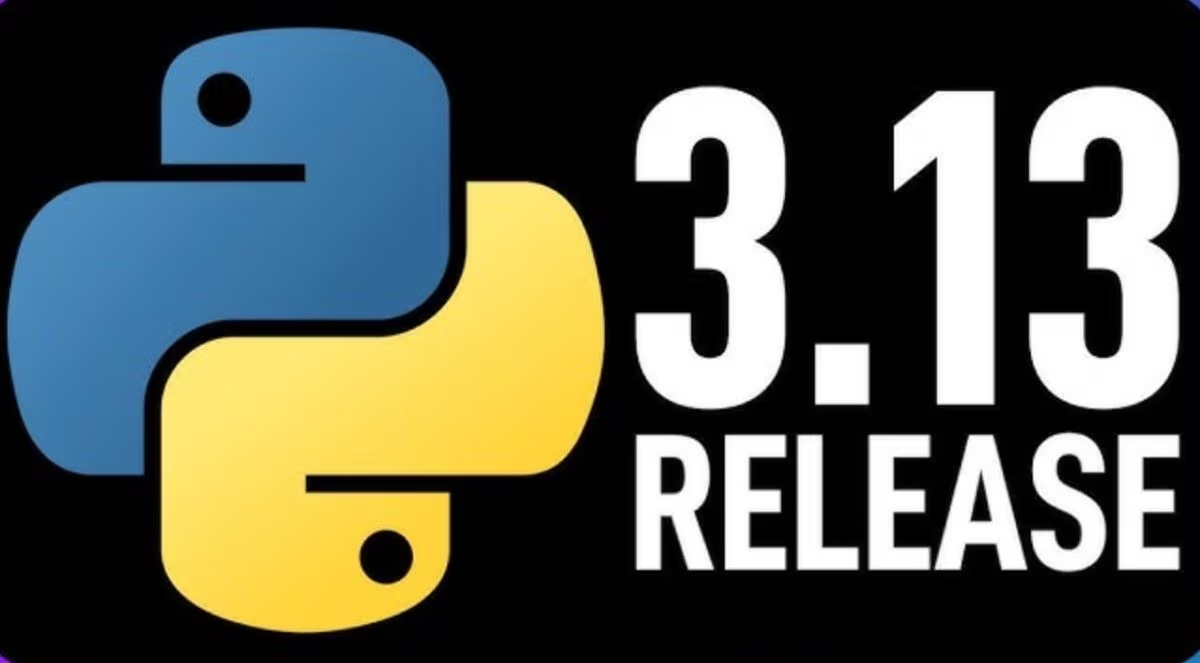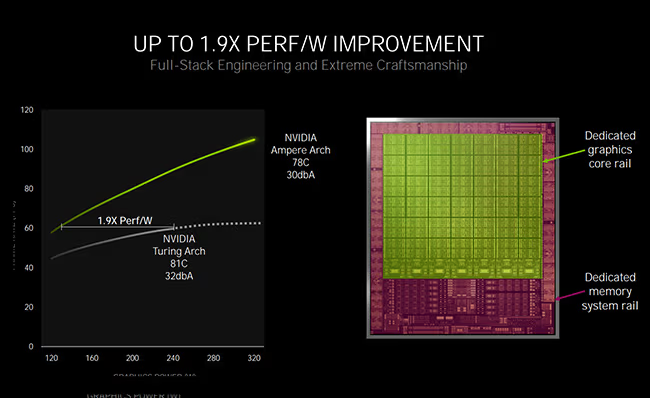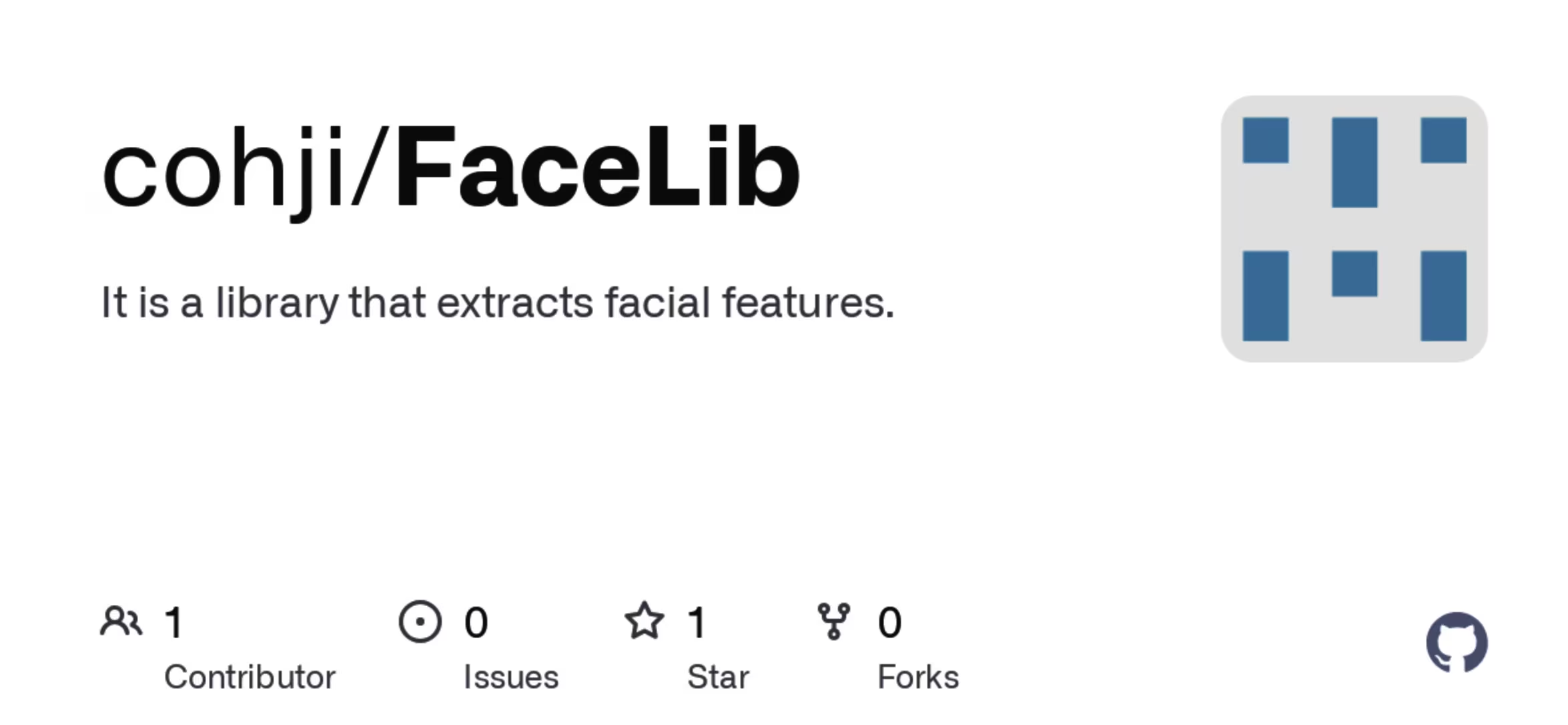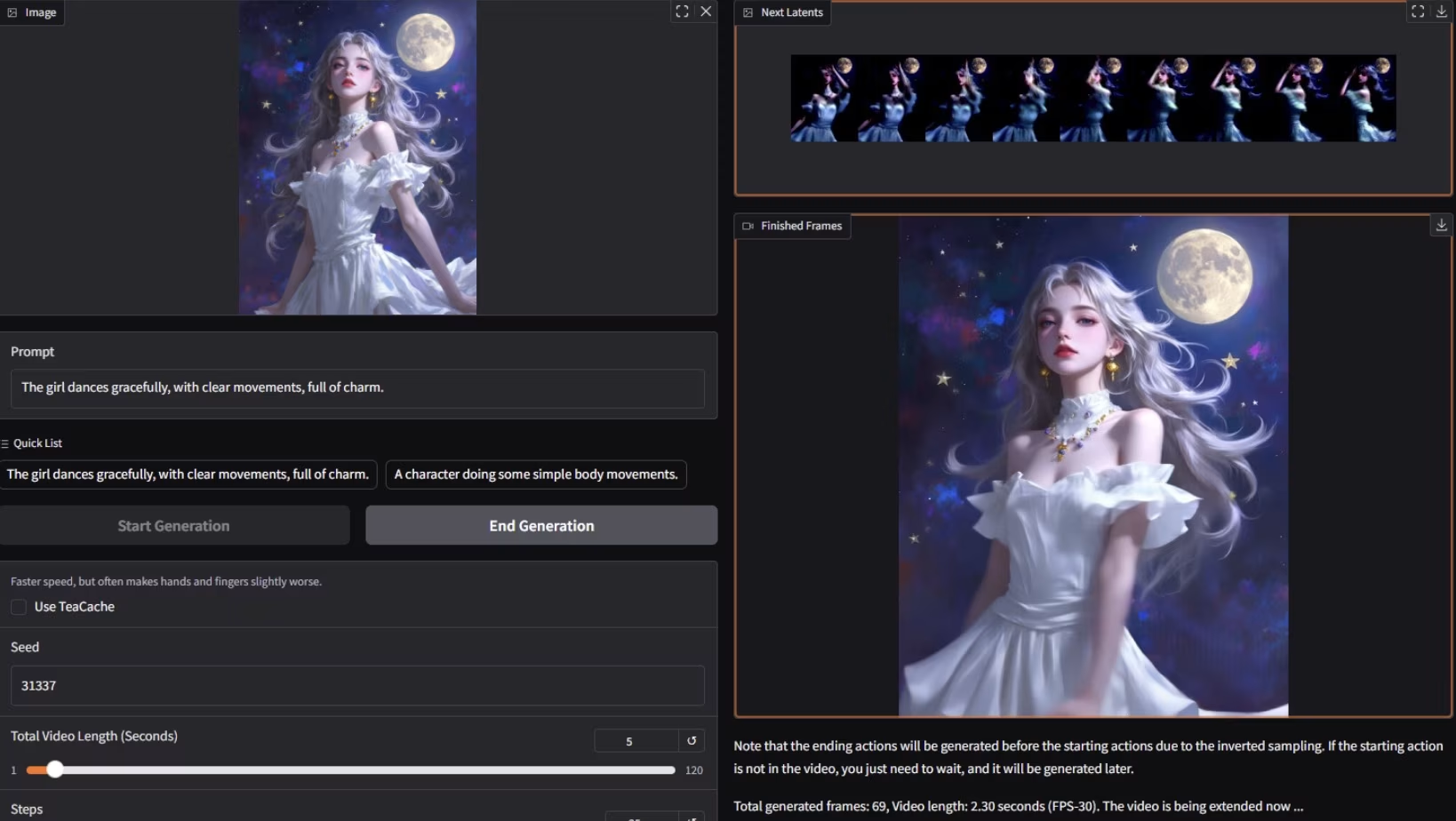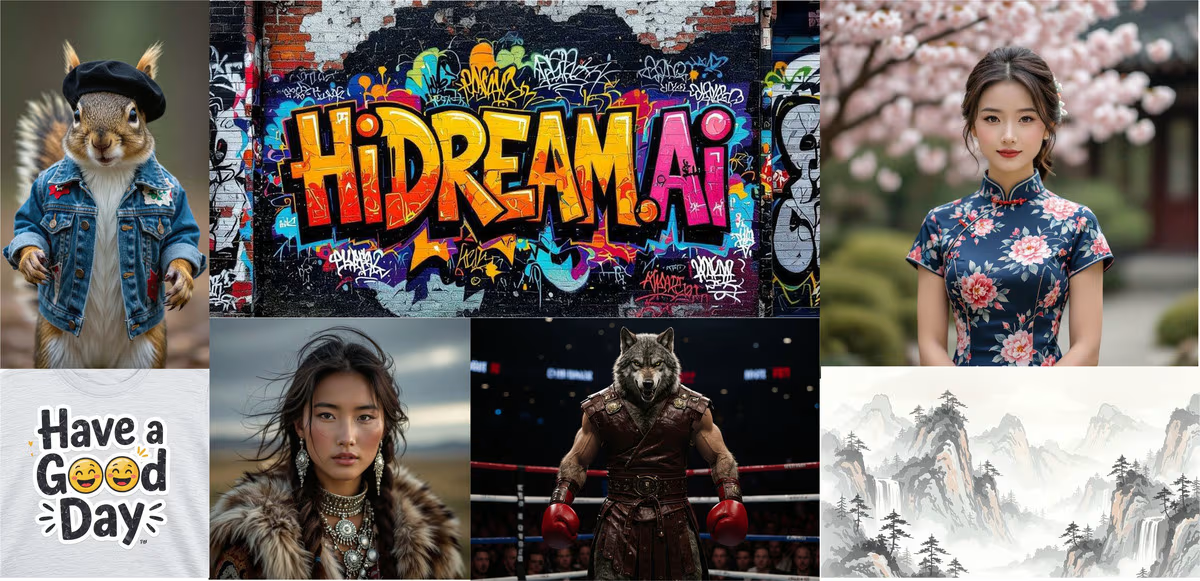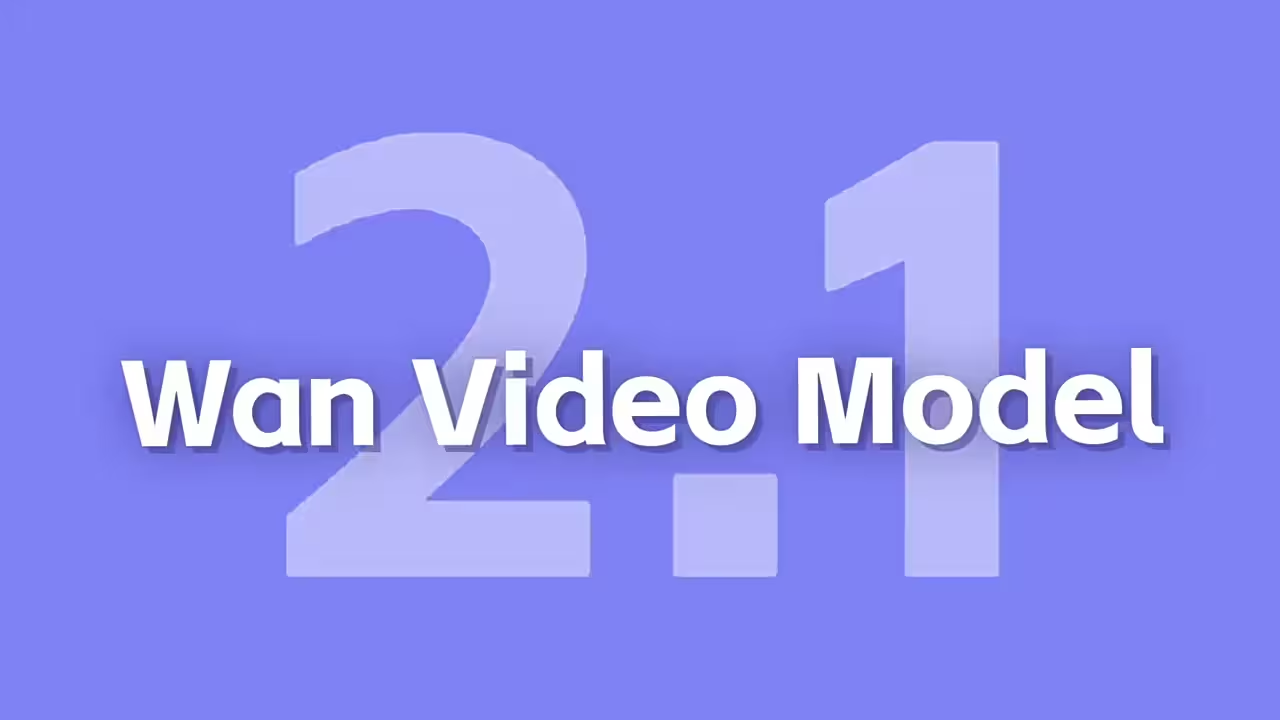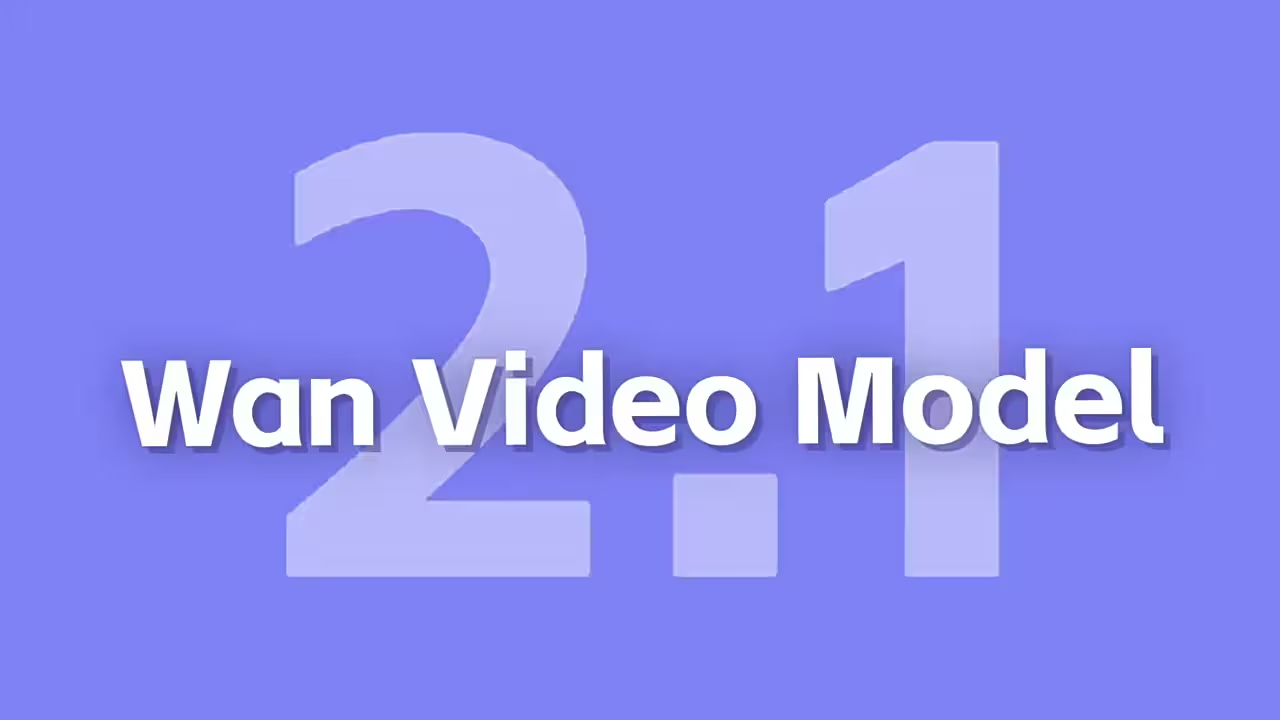Robot Navigation with a Human Touch: The CANVAS Framework
Imagine a robot that moves just like a person! That’s what the CANVAS framework does. It helps robots get around by picking up clues like people do, using images and words to make sense of things. Thanks to a special set of data called COMMAND, CANVAS can deal with hard and confusing instructions really well. It even does a better job than some other systems, like ROS NavStack, by succeeding more often. The coolest part? Robots trained with CANVAS can take what they learn in virtual worlds and use it in the real world, no problem!

https://worv-ai.github.io/canvas/
Easy AI Workflows with ControlFlow
ControlFlow is a great tool that makes it simple to build and manage AI tasks in Python. It breaks big jobs into smaller steps, so AI agents can handle them better. You get to set rules for the AI, making sure it stays within your limits. Plus, with Prefect 3.0, you can watch over your workflows and fix problems easily, letting you create smooth and efficient AI tasks without any fuss.
https://github.com/PrefectHQ/ControlFlow
Anthropic Message Batching API
Anthropic has rolled out a new way to handle lots of questions at once with its Message Batching API! You can now send in up to 10,000 queries in one go, and they’ll be processed within a day. Plus, it’s half the cost of regular API calls. This is a great option if you need to manage a high volume of queries and want to save some cash.
Quick Tool: GitHub to LLM Converter
Now there’s an easy way to turn GitHub links into something that language models can understand. It’s free, runs on Replit, and perfect for developers looking for a quick conversion! GitHub to LLM
Cursor Tips from Alex Volkov
Alex Volkov shared some great tips for using Cursor more effectively. From quick edits with CMD+K to using Composer for juggling files, these tricks can help you work smarter.


Chunkr AI: Open-Source PDF to LLM Tool
Chunkr AI makes working with PDFs easier by turning them into formats that language models can process. It’s open-source, which is great if you’re dealing with PDFs in retrieval-augmented generation (RAG) tasks.
Differential Transformer for Better Attention
The Differential Transformer is a new model that helps cut out irrelevant details and minimize errors. It’s especially useful for tasks that involve long pieces of text.
https://arxiv.org/abs/2410.05258
LongGenBench: Benchmarking Long-Context Generation
LongGenBench is a new tool for testing how well language models can generate text over long stretches. It’s ideal for evaluating how models hold up over extended content. https://github.com/Dominic789654/LongGenBench
ScienceAgentBench for Scientific Discovery
ScienceAgentBench tests language models on tasks taken from real science workflows. It’s designed to make sure they’re up to the mark for scientific research.
https://arxiv.org/pdf/2410.05080
The Submarines Series is Coming Back!
Exciting news! On October 13th at 10:00 AM, Zhu Yibo will be speaking at the Potential Space in Shanghai. Zhu Yibo is a big name at StepFun and used to lead AI infrastructure at ByteDance. He’ll be sharing his expert knowledge on how to manage huge amounts of data and improve AI systems.
StepFun is famous for their Step series, which includes models that can do many things, like working with different types of media. They’re even giving us a preview of their new MoE language model, which is incredibly powerful with trillions of parameters! In his talk, Zhu will focus on how to design AI systems from the model all the way to the hardware that runs it.
Along with the talk, there’s a Cofounder Matching session where people with similar ideas about starting businesses can meet. It’s a great chance to connect with other people interested in AI. You can register by scanning the QR code below!
Nobel Prize in Chemistry Awarded to David Baker and Alphafold Team
David Baker, along with the team behind Alphafold, just won the 2024 Nobel Prize in Chemistry! This award recognizes their amazing work on understanding proteins. David Baker’s team created a new protein, and Demis Hassabis and John Jumper from Alphafold solved a big problem in predicting protein structures.
This discovery helps us better understand the important roles proteins play in our bodies, like controlling hormones and defending us with antibodies. Heiner Linke from the Nobel Committee said, “This year’s discoveries have given us a better understanding of how proteins work, opening up new possibilities in science.”

Fei-Fei Li’s World Labs Teams Up with Google Cloud
Fei-Fei Li’s World Labs is partnering with Google Cloud to train their AI models on spatial intelligence. This partnership is worth hundreds of millions of dollars and gives them access to Google’s huge GPU resources. These are super important for handling big tasks like processing videos and mapping data.
World Labs is now worth over a billion dollars and is using Google’s GPUs, though they’re still sticking with Nvidia for the time being. Even though this deal isn’t exclusive, Google is taking care of most of their computing needs for now.

OpenAI Expands with New Global Offices
OpenAI is growing fast and setting up new offices in cities around the world, including Singapore, Paris, and Brussels. They’ve got a lot of funding—over $6.4 billion—and after some changes in their leadership, they’re focusing on going global.

In Singapore, OpenAI will be working with AI Singapore to help spread AI across Southeast Asia. The new Singapore office will be up and running by the end of the year, led by Oliver Jay, who is overseeing international operations.
Adobe to Protect Artists with New Tools
Starting in early 2025, Adobe is rolling out new tools to help digital artists protect their work from being copied or stolen by AI. Artists will be able to use digital credentials, like invisible watermarks and digital fingerprints, to show they own the work.
This is great for creators who want to make sure their art stays under their control, even when it’s shared online. And the best part? These credentials will be available to both Adobe users and non-Adobe users. Adobe is working with other companies to make sure everyone can use this new system.

ByteDance Unveils GR-2: A New Robot
ByteDance has introduced their latest robot, GR-2, which has learned from over 38 million video clips. This robot can do over 100 tasks with amazing accuracy! It learns from watching people do everyday activities and can even predict movements.
Right now, GR-2 is really good at picking up objects, but ByteDance says that with more real-world data, GR-2’s abilities will grow even more.



